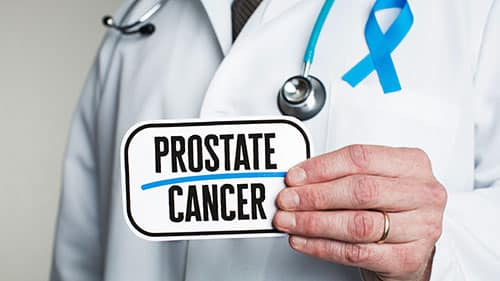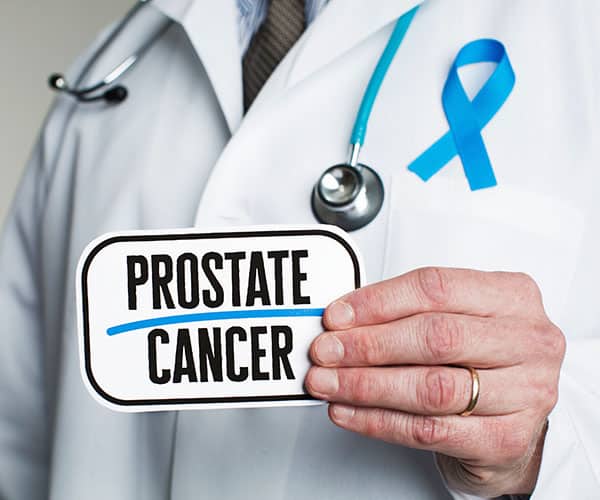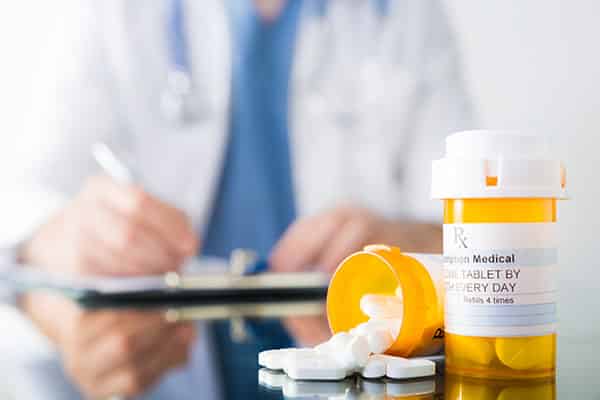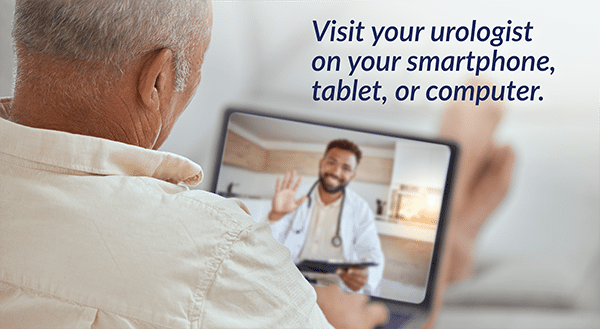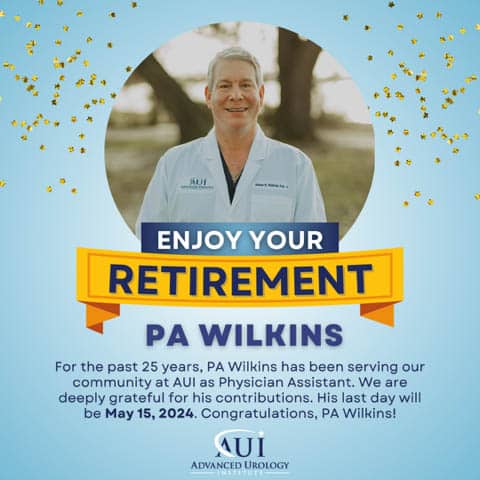
Fun fact: Your bladder can extend from just two inches to more than six inches as it fills up. For those who have overactive bladder, each of those inches could feel like a yard.
That’s because overactive bladder (OAB) makes you feel like you have to go even if your bladder isn’t full. The tell-tale symptoms include the urgent, hard-to-control need to urinate, along with waking up having to go three or more times a night, and sometimes not making it to the bathroom on time (leakage).
If you’re experiencing these symptoms, you could be among the 40% of women and 30% of men who live with OAB. But you don’t have to “just live with it.” There are ways to manage your OAB and feel in control again, an inch at a time.
Your Bladder, Explained
The bladder is a hollow, muscular organ that stores urine until it’s full – typically, about two cups of urine.
As the bladder fills to that six-inch mark, your brain sends updates to a cluster of nerves (the sacral nerves) that control the bladder when it’s time to go. Ordinarily, the bladder muscles will squeeze when you are ready. But for people with OAB, the muscles start contracting before the bladder is full, triggering the sudden need to urinate.
OAB can be caused by complications from an underlying condition, such as diabetes, a urinary tract infection, a bladder obstruction, or nerve damage. With aging, your bladder muscles might weaken. Or OAB might be a communication error between your sacral nerves and your bladder.
Regaining “Full” Control, in 6 Steps
If you’re trying to manage OAB symptoms, read on. These following practices could help to eliminate triggers and strengthen your bladder.
- Drink fewer stimulating beverages – When choosing your eight daily glasses of fluids, opt for water over caffeine, alcohol, and artificial sweeteners. Don’t drink anything two hours before you go to sleep.
- Say “no” to acidic and spicy dishes – Avoid hot peppers, tomatoes, oranges, grapefruits, lemons, and limes. Research suggests these foods (and their juices) can irritate the bladder.
- Make your pelvis stronger – Your pelvic muscles help hold in your urine, so the stronger they are, the more control you have. Try to perform five sets of 10 Kegels each day: squeeze like you’re trying not to pee, hold for a few seconds, then release.
- Chronicle details of your “trips” – Write down all you eat and drink, how soon afterward you have urinate, and what you’re doing at the time. These details, including leaks, can reveal patterns and potentially be shared with a doctor.
- Resist the urge to hurry – Don’t rush to the bathroom the moment you have to pee; the stress could make its worse. Instead, perform a few Kegels or do something soothingly distracting, like a puzzle.
- Put bathroom breaks on a timetable – As you get better at waiting to go, you can start training your bladder to follow a schedule. Plan the times of day go, maybe once every two hours, and add more time as your gain control.
Your Doctor’s Office Is a Safe Place for OAB
Inch by inch, the above practices could relieve your OAB symptoms. If you don’t notice improvements, it’s probably time to talk to a urologist about treatment options.
Several medications can block misfired signals to the bladder, for example. Nerve stimulation treatments can modulate the nerves that control the urge to urinate, and Botox bladder injections can relax bladder contractions.
Together, you and your doctor can find the treatment that is right for you and your circumstances. Remember, OAB is not something you just have to live with.
Still have questions about managing OAB? Visit our OAB website to learn other causes and what to expect, or read our blog featuring the latest OAB treatments we offer.




